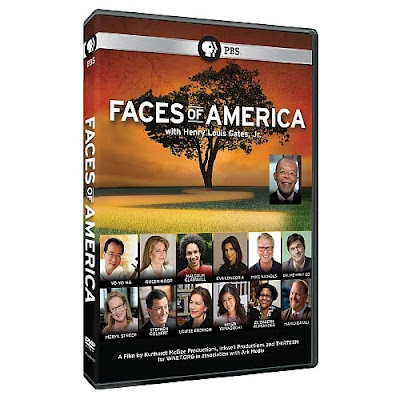The ignorance of a nation appears to have finally sought knowledge, but the past remains, and it should be brought to light that future generations learn from those things that occurred. And lives of innocent are not in vain lost.
17 October 1891
Clifton Forge, Virginia
This is a photograph of the lynching that occurred in Clifton Forge, Virginia on 17 Oct 1891. My grandfather, John M. Bean, was living there at the time, and was a witness to much of this crime. Four black men, one of whom was only a 16-year old boy, were hung, dragged through the streets, and rehung, after a night of six of them drinking and carousing in the streets. The corpses were repeatedly shot by white passersby.
The Army National Guard was called in from Washington, D.C. to restore peace to the city.
The Washington Post described the travesty below:
From: THE WASHINGTON POST
18 October 1891
"LYNCHING IN VIRGINIA
A Day and Night of Bloodshed and Excitement at Clifton Forge
-------------------------------
SAVAGE FIGHTS WITH NEGROES
_________________
A White Man and a Black Killed in the Affray and Three Blacks Afterward Taken Out of Jail and Hanged by the Populace.
-----------------------------
CLIFTON FORGE, Va., Oct. 17. -- The inhabitants of Clifton Forge have been aroused to the utmost excitement to-day by one of the most tragic occurrences that has taken place in the town for many years, In fact never has there been such a fearful tragedy known in the history of the town, one white man and a negro being shot to death, and three negroes lynched.
This morning a gang of six armed, drunken negroes came into town from Big Hall mines, eight miles from here, and boasted loudly that they had come to take the place. This created confusion on the streets, as the negroes had pistols and other weapons which they exhibited freely. They walked about the streets insulting ladies and committing other outrages, and finally creating a riot.
A number of citizens decided to arrest them, but the negroes violently resisted arrest and breaking away from their would be captors, fled. A posse of town officers and citizens gave chase. When the negroes had nearly reached Iron Gate they turned and commenced firing upon their pursuers, and a battle between the posse and the rioters ensued. Philip Bolling of Albermarle county, a brakeman of the Chesapeake and Ohio Railroad Company, was killed outright at the first fire, and Frederick Wilkinson, of Bedford county, was injured seriously. Bolling was married. Wilkinson will recover, it is thought.
The news of the shooting spread rapidly with excitement and in a short time fifty men were scouring the mountains, where the negroes took refuge, hunting them down. All of them were captured after several hours search and a second battle on the mountains between policemen and negroes. One of the negroes is supposed to be dead from his wounds, The other four were placed in jail here, three of them having been wounded before they were captured.
Threats of lynching were heard on all sides, and the mayor prepared to defend the jail against attack, saying he was determined to frustrate the mob.
Two large mobs, numbering in all about 500, formed in the town and met at Sweetwood's store at about 10 o'clock tonight. They fired salutes and then the two combined and marched to the jail, where the prsioners taken in the afternoon had been confined.
They attempted, after firing into the jail for some time, to break open the door with a ram, but it was too strong and resisted their efforts. They then procured axes and sledge-hammers and broke in.
They took out three prsioners, and taken them to a gully about half a mile from the jail, they strung two of them up to a tree and filled them full of bullets. The third prisoner, who was a boy sixteen years old, they brought back.
It is not likely that any arrests will be made, as public sentiment justifies the deed, the conduct of the negroes and the shooting of the two white men having roused the public to an uncontrollable pitch of fury.
A fourth negro was taken out and lynched later."
All of this left a profound mark upon John. He kept a copy of the newspaper clipping until his death on 10 Apr 1955.









































